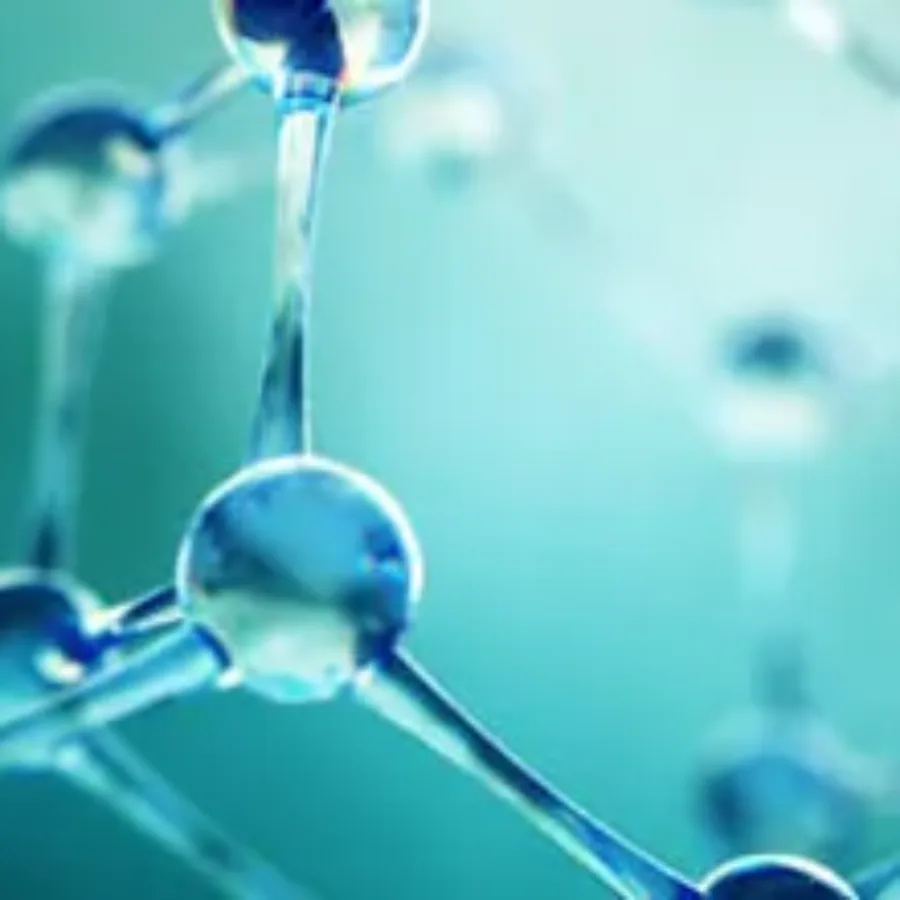 Blogs
Blogs
At KCAS, our Discovery group performs bioanalytical / biomarker method development that can include any of the various components required for a validated method under the GLP guidelines. So why is Discovery group needed? The beginning stage of drug development is a stage of trial and error. It is generally…
 Blogs
Blogs
Biomarker is a broad term and can mean so many different things depending upon the scientific discipline. For Bioanalytical biomarker analysis – and specifically for CROs equipped with 9 different platforms to measure biomarkers and a cell culture suite with up to 19 color flow cytometry all under one roof…
 Blogs
Blogs
Biomarker are key drivers in the drug development process. Frequently, developing a panel of biomarkers to test a particular mechanism or hypothesis is critical to the success of a drug. At KCAS, we develop assays for custom panels or individual biomarkers based on client needs and can also assist with…
 Blogs
Blogs
Several important classes of drugs are inherently unstable in biological fluids. Examples include alkylating agents, cytostatic nucleosides, drugs with ester, aldehyde, thiol, nitroxyl or lactone functional groups, and small molecule compounds with unstable metabolites, such as acylglucuronides. The rate at which an analyte degrades in blood, other biological fluids, or…
 Blogs
Blogs
The 505(b)(2) drug development path, in contrast to traditional development of a new, never been approved drug (described under 505(b)(1) of the Federal Food, Drug, and Cosmetic Act) or ANDA (described under Section 505(j) of the Act) for a generic drug that is no longer under patent…
 Blogs
Blogs
Surprisingly, there are a number of drug development companies that do not obtain stable isotope-labeled internal standards (SIL-IS) for their bioanalytical methods. Instead they settle for using a surrogate internal standard (a compound that closely resembles the measured analyte) which can lead to unreliable data and be detrimental to a…